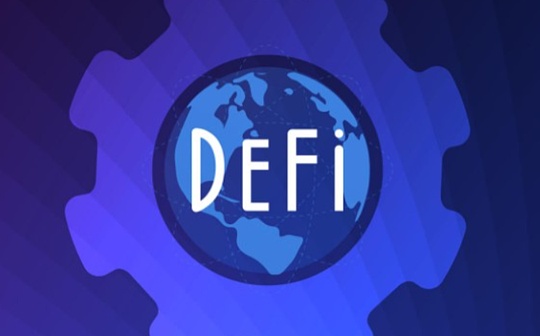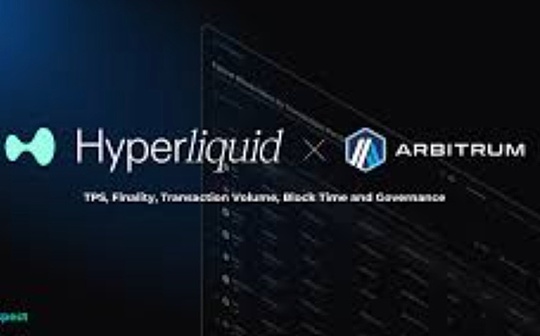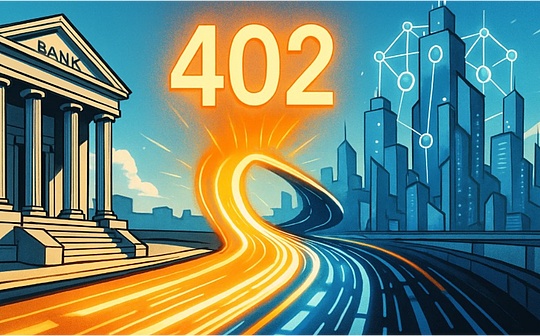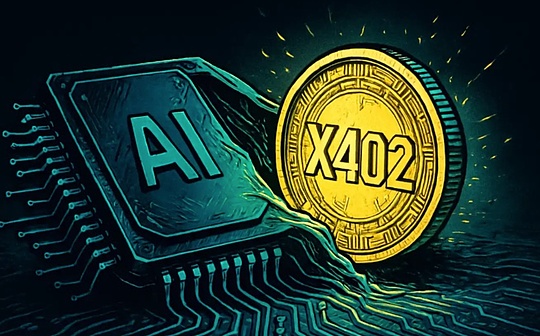
Finance is very complicated, and everyone has a lot of misunderstandings. It is also very good in itself, and its disadvantages are also very bad.
DEFI (decentralized finance) is more complicated, and its advantages and disadvantages are more prominent. The world’s love and hatred of it are several times more than traditional finance.
Traditional finance has developed for hundreds of years, and has precipitated very rich knowledge.
DEFI can not discover10In the year, I have been studying traditional finance, trying to understand Defi, and some scientific explanations to Defi.
On this theme, using the knowledge of traditional finance combined with DEFI practice, I want to write a series of articles.
There is a vague syllabus for the time being. I have been dissatisfied with it. I have been writing, and I am not satisfied with myself.Just start directly, where to write.
If you are not well written, please forgive me, and thank you for reading.
The ultimate goal of traditional finance.
From the perspective of financial development, I read a lot of debt, shares, accounting systems, and supervision. Finance should be a problem that is committed to solving a deep level of capitalism, that is, the entrusted agency issues caused by the separation of ownership and business rights.
The core of this entrusted agency issue is information asymmetry. Finance is to support a series of excavation such information, as well as incentives and punishment mechanisms.
The debt is the separation of the ownership of the money and the right to use, and the money moved from the debtor to the person who borrowed money.This can also be regarded as a kind of entrusted agent, that is, the debtor entrusted the money to the borrowed person.This process is destined to produce asymmetric information.
Financially is a matter of debt, designed a complex method to coordinate the entrusting agent.Including banks, bond systems, supporting laws and law enforcement.
The shares are better understood that the stock is the entrusted agency relationship certificate between the shareholders and the actual business company.
Similarly, finance has designed a variety of messy mechanisms for such things.Including investment banks, exchanges, accounting, etc.
Currency is also a debt.The consensus on the origin of currency in economics is that the currency originated from debt.
Modern credit currency is a direct debt, a bond issued by the state, and the kind of debt that will never be repaid. As long as you believe that the country will not fail, it can issue debts forever.
The government generally issue government bonds by issuing government bonds, and then the central bank directly bought government bonds, and at the same time generates a cash way to issue currencies on the government’s account.
The special debt of fiat currency is of course a complete set of commissioned agents. How to limit inflation, ensure employment, fair allocation, etc.
Similarly, a multi -mechanism is designed around the fiat currency financial system, especially the central bank, and the complicated concepts of the reserve rate.
The above paragraphs are the highly abstract financial world I see, that is, the financial set of finance is probably playing these things and solving these problems.
Defi, decentralized finance, is a branch on the road of financial innovation.I think DEFI is still a commissioned agent who is trying to solve the separation of asset ownership and operating rights.
The specific application scenarios of DEFI are also debt and stocks.
The crypto digital currency itself can either interpret it as a certain debt or it can be interpreted as a certain stock.For example, BTC and ETH are stocks, and USDT and DAI are debt.
A lot of tools were born in the DEFI world to realize the entrusted agent issues caused by the separation of asset ownership and business rights.
The biggest solution of DEFI is to eliminate the separation of asset ownership and operating rights.
Blockchain asset ownership can generally be interpreted as private key ownership, and these assets are mainly dependent on various smart contracts.The prerequisite for smart contracts for management and control of assets is that they do not deprive the ownership of the original users of digital currencies, that is, when users entrust the assets to smart contracts, they will not lose their private keys.
Of course, this highly abstract description is very ideal. The writing, update and operation of smart contracts also require people to do it, which will also generate the separation of asset ownership and operating rights.
DEFI’s financial technology makes risks and benefits very clear.For example, traditional financial banks may have been dealing with bad debts for several years, but banks (borrowing agreements such as AAVE) in Defi are also a block15The time of seconds.Because in DEFI, whose assets, whose risks, and whose benefits are determined in real time and can be settled in real time.
That is, DEFI is a real private property right, and it is possible to eliminate the problem of entrusted agents as much as possible.
Another idea of DEFI is extremely transparent. Anyone knows where the currency is, the total amount of the currency, and what the currency distribution is, completely transparent.
This transparency can greatly alleviate the poor information in the proxy process. This is one of the biggest issues of traditional finance.
Faced with the same commissioned agent problem, in contrast, DEFI provides a more transparent, high -efficiency, and no need to trust through technical solutions, relying on blockchain and smart contracts.








